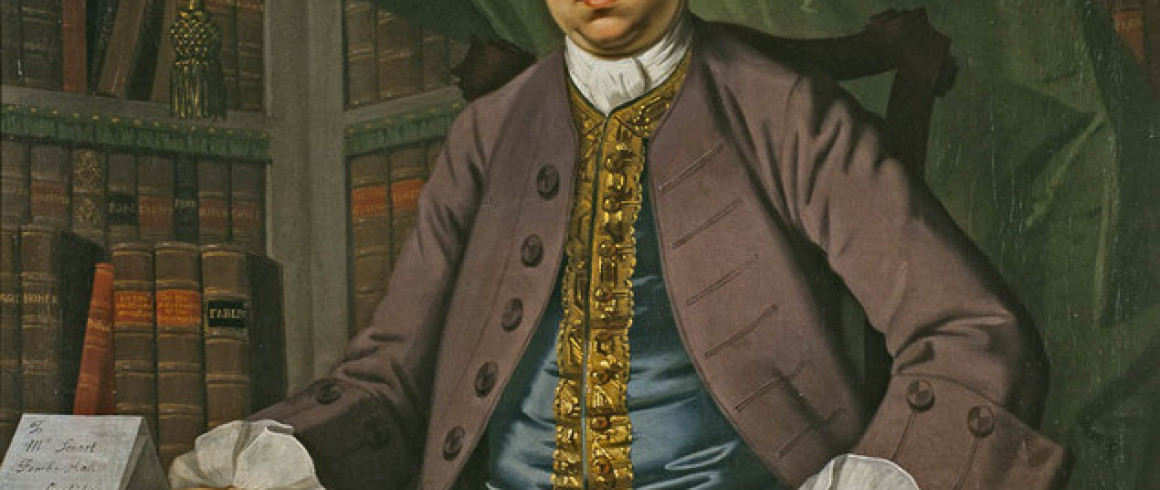Prize-winning Pembroke Poetry: From 1750 to 2017
The Seatonian prize is an annual poetry competition that was once won by Christopher Smart. This year’s winner, writing on a suitably Valencian theme, was Mr Colin Wilcockson, who is an Emeritus Fellow, and researcher in Medieval and Renaissance English Literature.
This year’s theme was Jubilate Agno, which as any well-read Valencian will know is the title of Christopher Smart’s famous poem, written during his stay in a mental hospital. It seemed, therefore, an auspicious year for a Pembroke entry. The prize was won in the early 1750s by Christopher Smart himself, and he went on to win it twice more. This year’s winner, Mr Colin Wilcockson, has a similarly excellent record, having won it for the third time this year with his two villanelles commemorating Smart.
The competition is open to anybody who holds a Cambridge MA, and entries are anonymised through the use of ‘mottos’, with entrants' names being revealed to judges only upon selection of a winner. Every year a theme is set, and entrants are expected to use that theme to guide their writing.
This year Wilcockson’s entry was written from Smart’s perspective, and draws heavily on his Jubilate Agno. The use of villanelles, Wilcockson said, added discipline to his writing, as the form is a very strict pattern of repeating lines that is challenging to use. Dylan Thomas’ ‘Do not go gentle into that good night’ is a villanelle, and Sylvia Plath also used them in her poetry, such as ‘Mad Girl’s Love Song’.
One of the reasons for Smart’s incarceration in a mental hospital was his tendency to fall to his knees and pray loudly, a habit that some found less alarming than others; a friend of his said “His infirmities were not noxious to society. He insisted on people praying with him; I’d as lief [sic] pray with Kit Smart as any one else.” These prayers are a key part of Colin Wilcockson’s first villanelle:
“Jail’s solitude subjects me to their eyes.
They peer into my face but not my soul;
I know my prayers alarm them and surprise”
One of Smart’s beliefs was that all of creation is engaged in active worship of God. Much of Jubilate, says Wilcockson, follows the same verbal pattern as psalms, starting in many places with ‘let’ and ‘for’. The second villanelle, therefore, begins with a quotation from a psalm, and follows the theme of worship, nature, and creation, drawing on Smart’s own references to animals including his cat, Jeoffrey:
‘Let everything that has breath praise the Lord’ (Psalm CL)
verses of ‘for’ and ‘let’
-
Let David be the psalmist who will guide
My wandering mind through deserts of despair
For his harp sings in anthems sanctified
-
For God will see my sorrow and provide
Jeoffrey my cat to join with me in prayer:
Let David be the psalmist who will guide
-
Let us praise God’s creations, the wayside
Gloworm (the lamp with incandescent flare.)
For his harp sings in anthems sanctified
-
For God’s musicians, nightingales, that hide
In the deep groves where their bright throats declare
Let David be the psalmist who will guide.
-
Let flowers watch (through petals multi-eyed)
Orpheus enchanting wild beasts with an air:
For his harp sings in anthems sanctified
-
I offer up these symbols to Christ’s bride
The Church, that holds creation in its care:
Let David by the psalmist who will guide;
For his harp sings in anthems sanctified.
Congratulations to Colin for his achievement.
